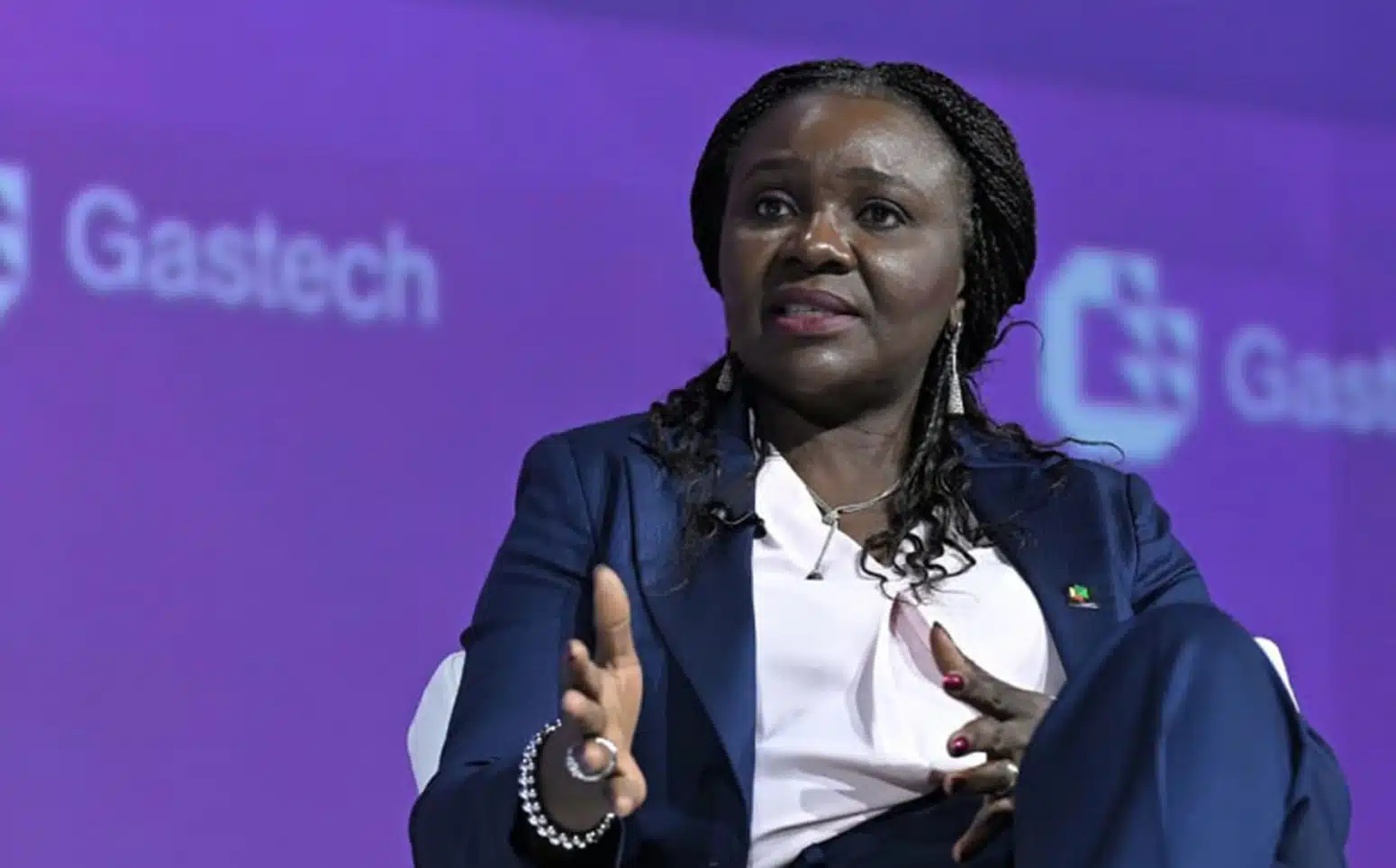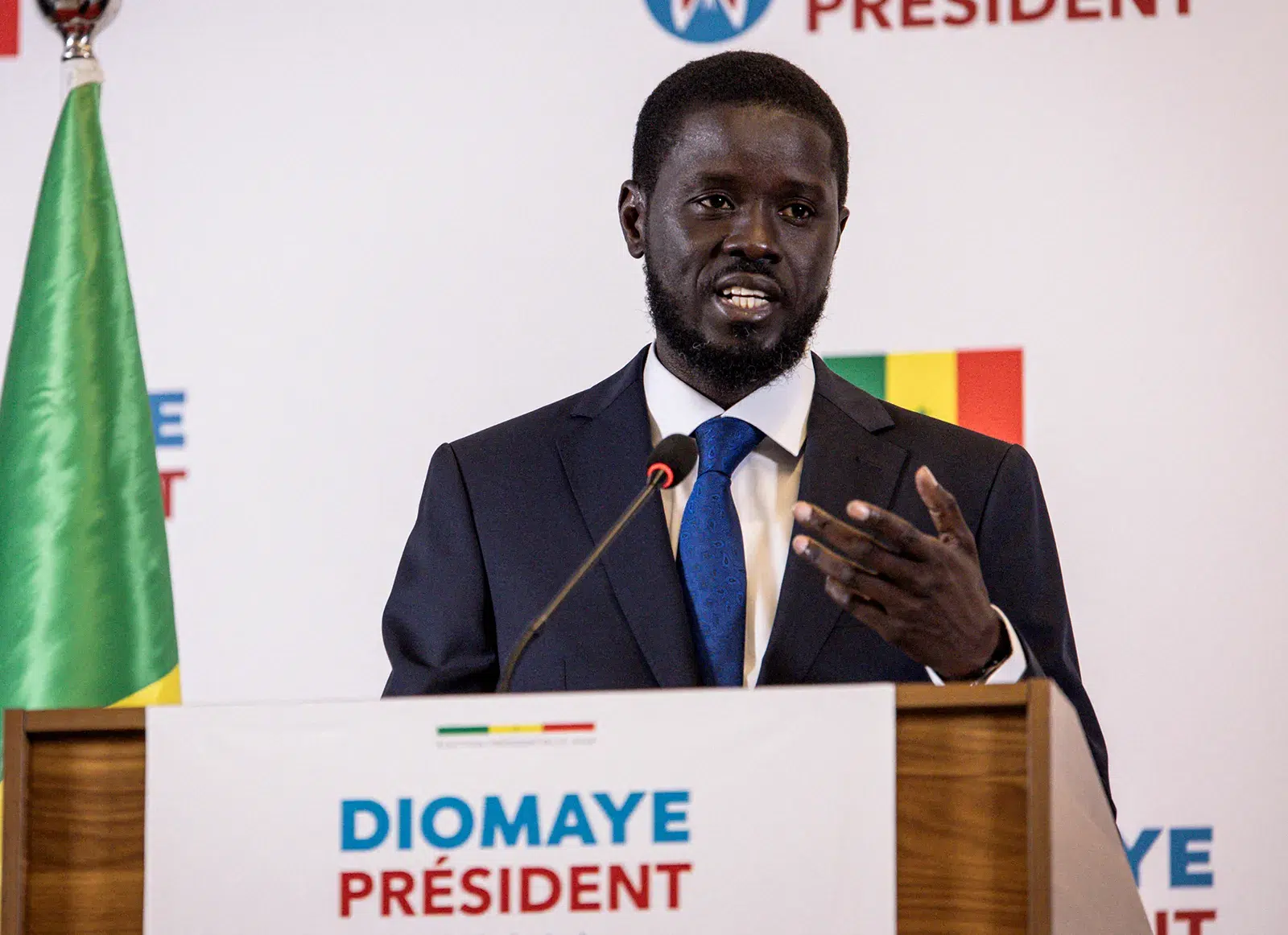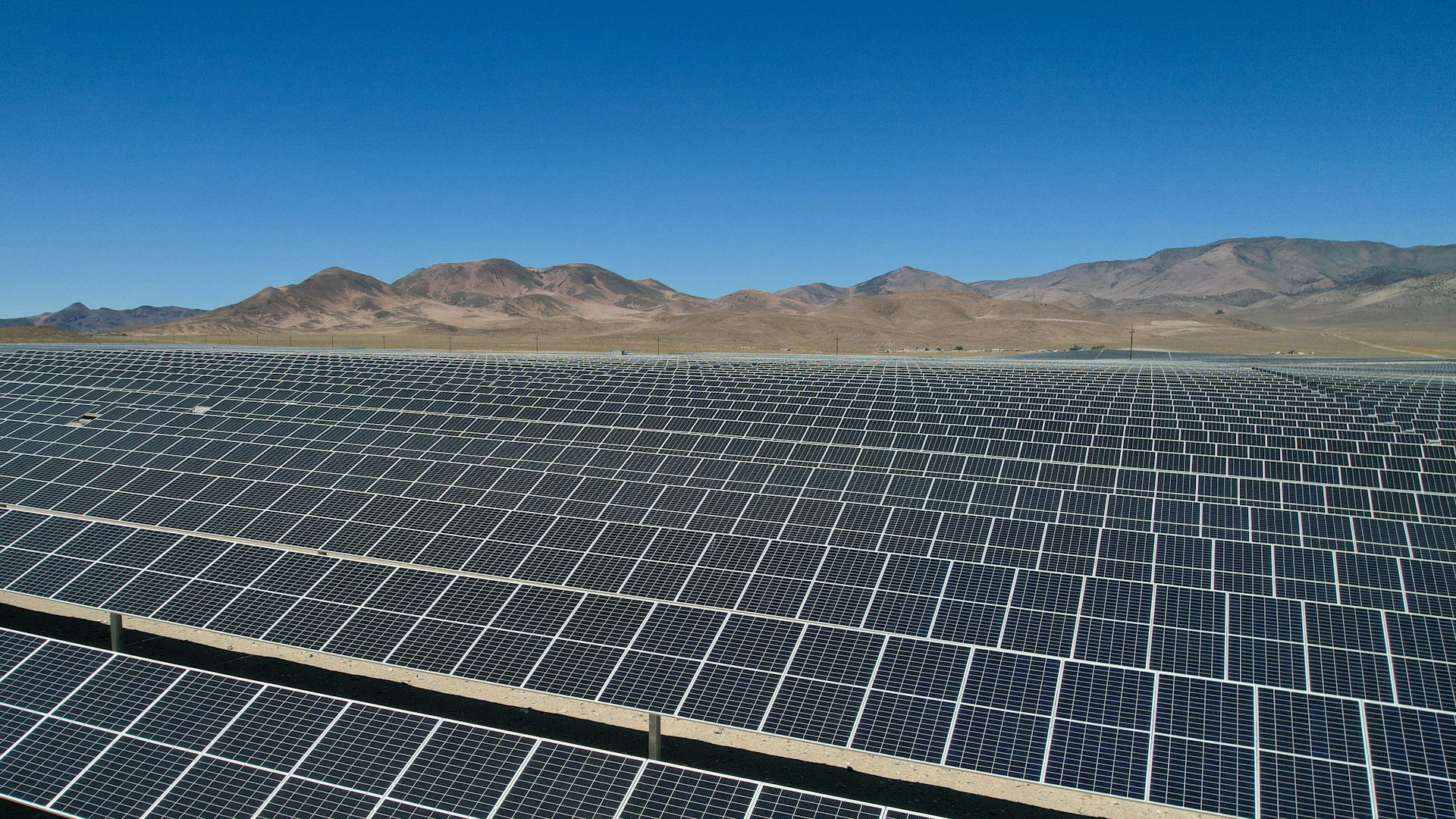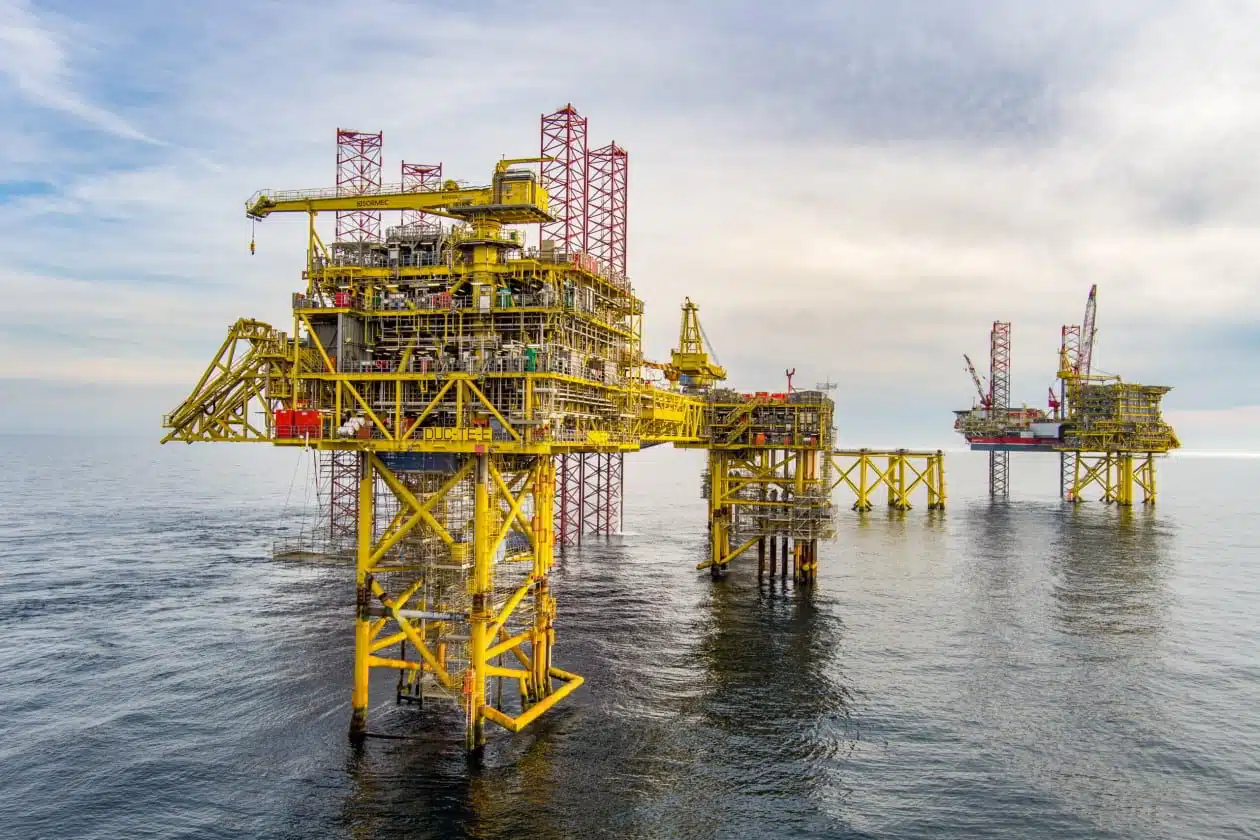The Dangote Refinery has confirmed that it is importing semi-refined hydrocarbons as intermediate feedstock, firmly rejecting media allegations that it brought finished petrol with excessive sulphur content into Nigeria.
In a statement released via its verified X (formerly Twitter) account on Friday and cited by Energy in Africa, the refinery affirmed its commitment to producing high-quality petrol that meets regulatory standards. It described the circulating reports as not only false but deliberately misleading.
The controversy stems from a report published Thursday by Sahara Reporters, which alleged that the Lekki-based facility had received petrol containing 690 parts per million (ppm) of sulphur, far above Nigeria’s approved limit of 50ppm for domestic consumption.
According to the report, a vessel named MT Clearocean Mary, originating from the Phillips 66 Refinery in Immingham, UK, allegedly discharged approximately 37,000 tons (equivalent to 49.6 million litres) of the high-sulphur petrol into the Dangote Refinery on Wednesday.
In response, the management of Africa’s largest refinery has categorically denied the claims, stressing that the imported material is not finished petrol but feedstock intended for further processing to meet stringent quality standards.
“Dangote Petroleum Refinery has noted reports claiming it is importing finished petrol (PMS) with high sulphur content into Nigeria. These reports are false, malicious, and misleading.
“The cargo in question is an intermediate feedstock, not finished petrol, and will be fully refined in our units to meet Nigerian and international quality standards,” the company stated.
The company also said that its complex plant processes a range of crude oils and intermediate feedstocks in line with global practice to optimise production and quality.
However, it is important to note that this isn’t the first time a major Nigerian refiner has faced accusations of importing low-quality petrol into the country this year.
When NNPC was accused of importing petrol just days after restarting operations at the Port Harcourt refinery in February, the leadership of the Dangote Refinery had also claimed the imported fuels were substandard, although NNPC would eventually refute both allegations.
Operational challenges at Dangote refinery
Having taken years and billions of dollars to build, the 650,000 bpd Dangote refinery began commercial operations in 2024.
But months after it came onstream, the plant has not only helped reduce fuel imports into Nigeria but has also faced operational challenges.
As of July, the plant was running at about 85% of its total installed capacity with works said to be ongoing to raise production.
That same month, yet without reaching full operational capacity, Energy in Africa reported that the plant was undergoing upgrade from the original nameplate capacity of 650,000 bpd to 700,000 bpd.
The Executive Director of Dangote refinery, Edwin Devakumar, said the upgrade was needed to remove constraints that have kept the plant operating below its full potential.
“In most of the departments, our production level has gone far beyond 100%,” Edwin said.
“So, we need to just do a bit of de‑bottlenecking to increase the overall production.”
Conflicting reports about maintenance
Meanwhile, there have also been conflicting reports about shutting down the refinery’s petrol production unit for maintenance this year.
According to PUO Reports in March, Dangote Refinery planned to shut down its 204,000 bpd petrol production unit for maintenance starting June 1, with the downtime expected to last 30 days.
This was confirmed by industry monitoring firm IIR and supported by export data showing increased fuel oil shipments ahead of the shutdown.
However, a contradictory statement from Dangote Industries in July 2025 ruled out any major maintenance shutdowns for the rest of the year.
Devakumar dismissed speculation about a December turnaround on the Residue Fluid Catalytic Cracker (RFCC) unit, stating that no such plan was under consideration.









